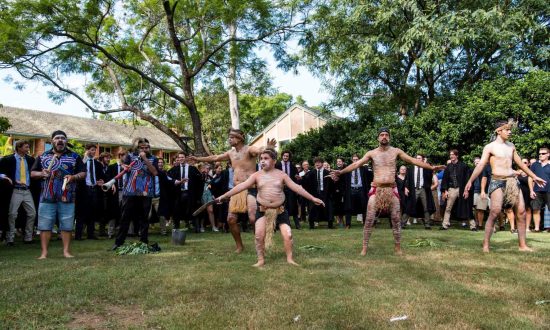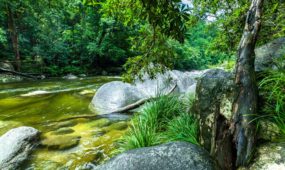
“My traditional ‘Country’ is nestled in the tropical rainforest of Far North Queensland on Kuku Yalanji land that will always be a part of me. When we speak of ‘Country’, this not only includes the land, but the sea, reef beds, riverways, sky, mountain ranges, animals, plants and people, and so on,” says Kuku Yalanji Traditional Owner and Anglicare Cultural Support Worker, Lalania Tusa
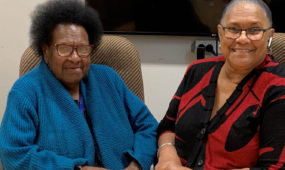
“I am often asked to yarn with young school students – facilitating yarning is an important role of a First Nations educator…Everything I know is from yarning, listening and learning from my family and Elders,” says Aunty Sandra King OAM
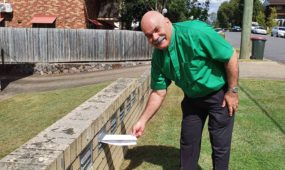
“One of the things that I do remember from my childhood and schooling was that there was no separation of the non-Indigenous and First Nations students at school. What that meant is that I was used to being a leader and spokesperson for all the school students,” says priest and Wakka Wakka man The Rev’d Canon Bruce Boase
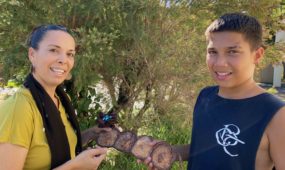
“My people’s knowledge is not taught through sitting in a classroom, researching on Google or going to a university to study, as it is the type of knowledge that can only be taught and passed down through hours upon hours of walking, sitting, speaking and most importantly listening to Elders, family members, community and spirit,” says Kuku Yalanji Traditional Owner Lalania Tusa in the new anglican focus series, ‘What is a Traditional Owner?’
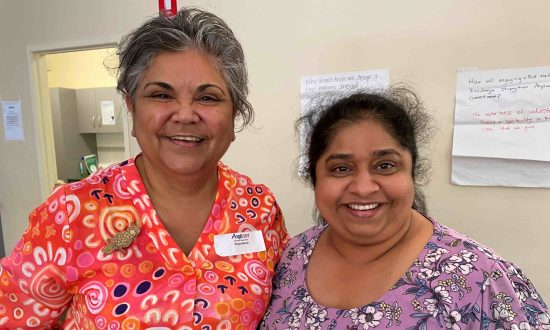 Justice & Advocacy
Justice & Advocacy

